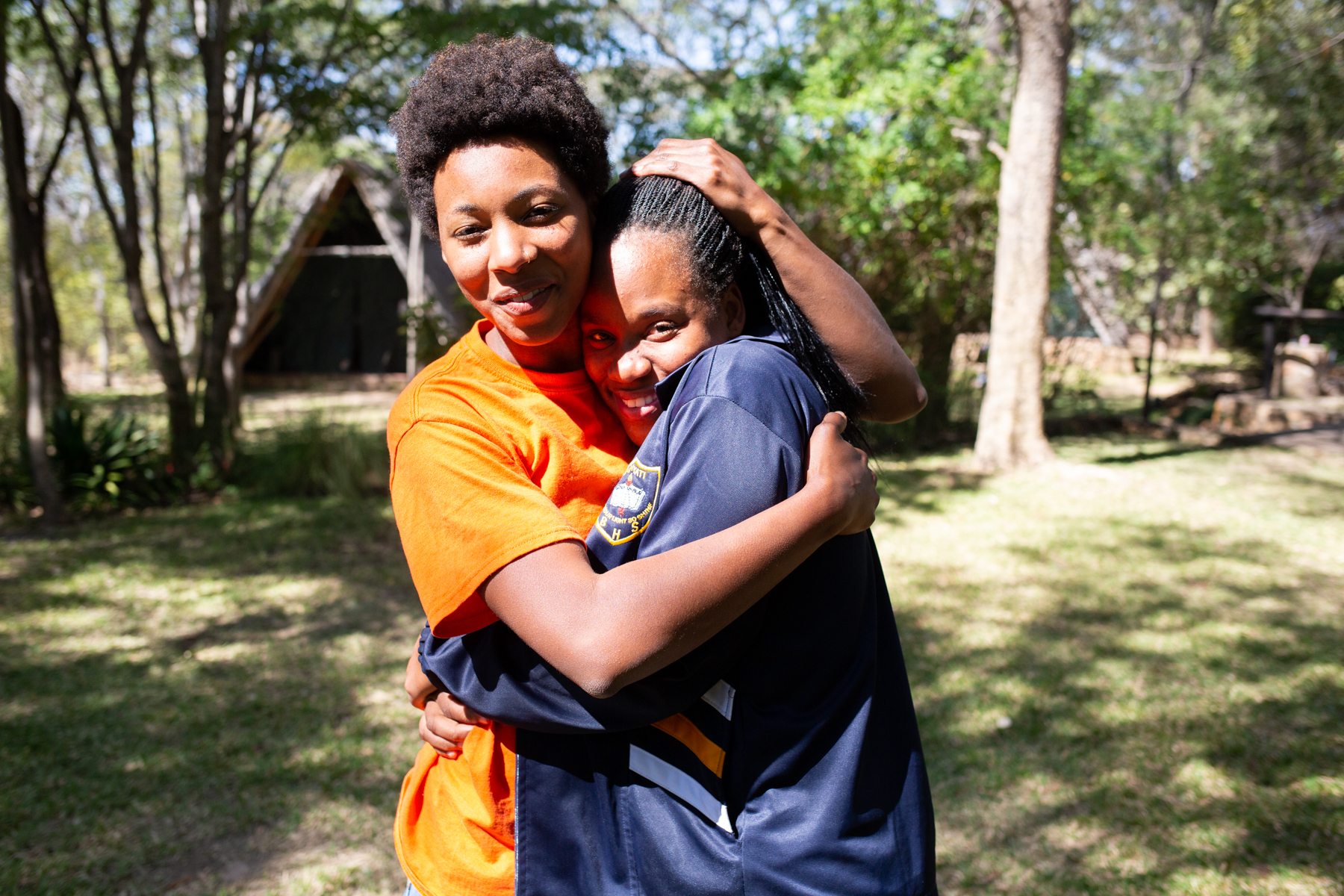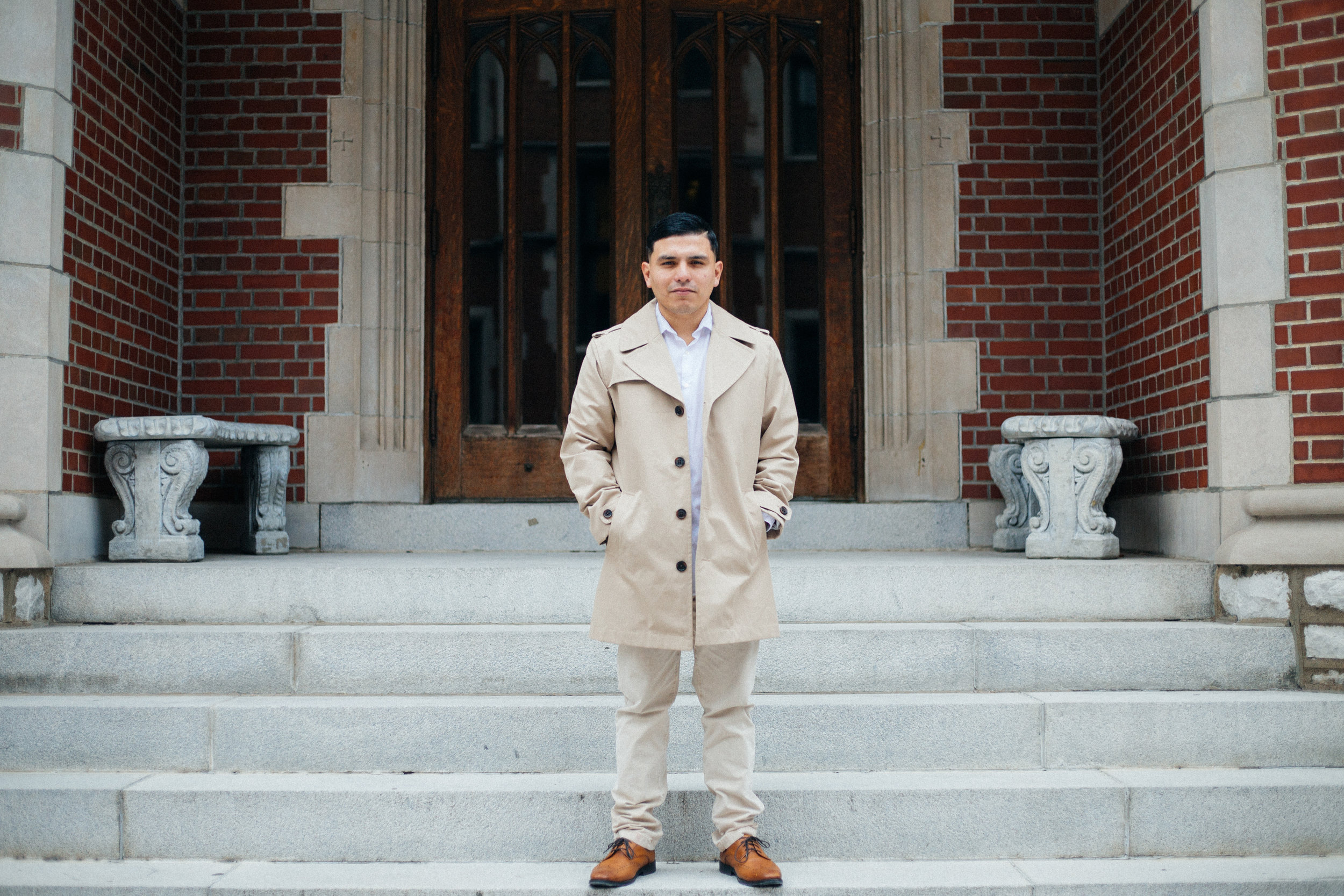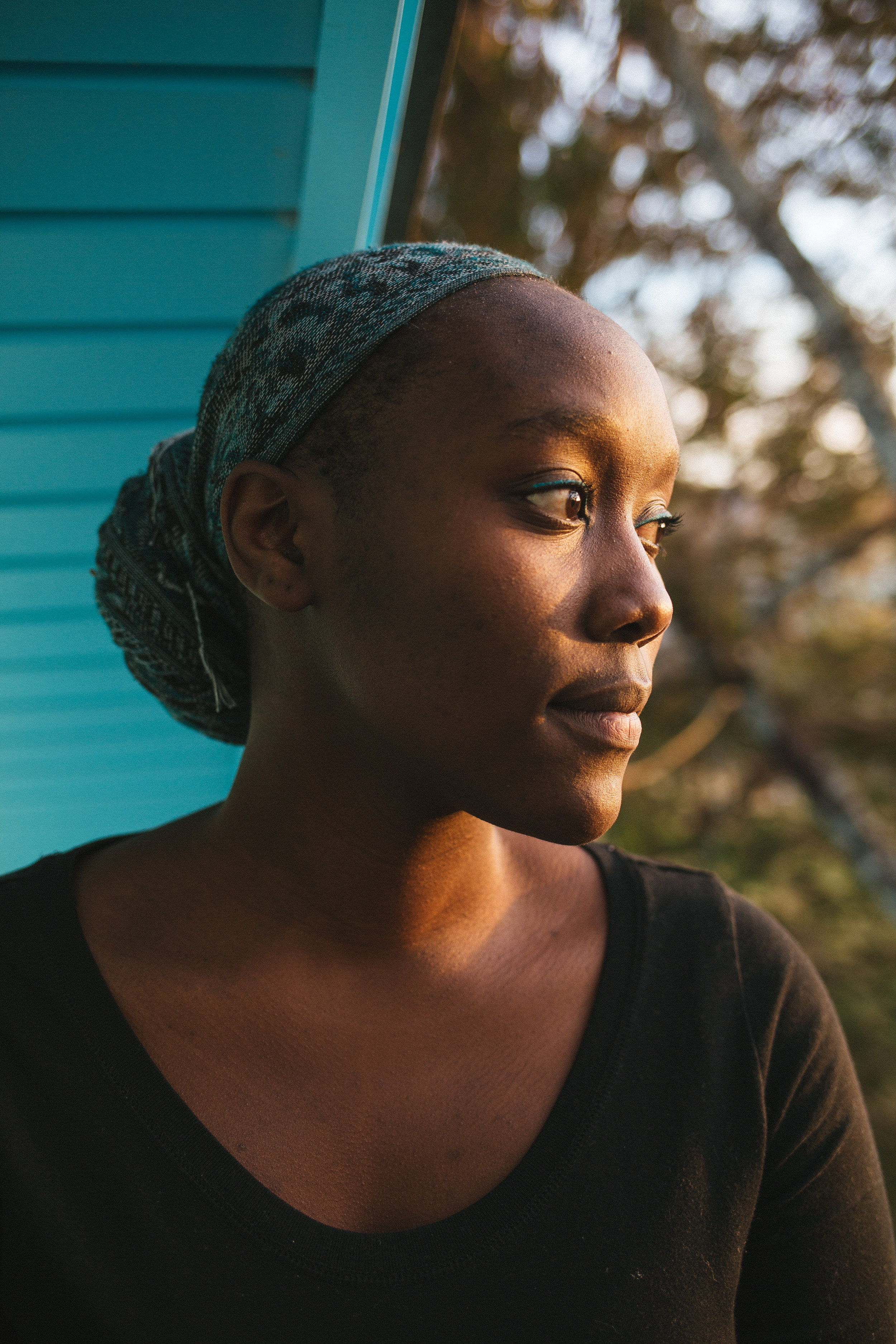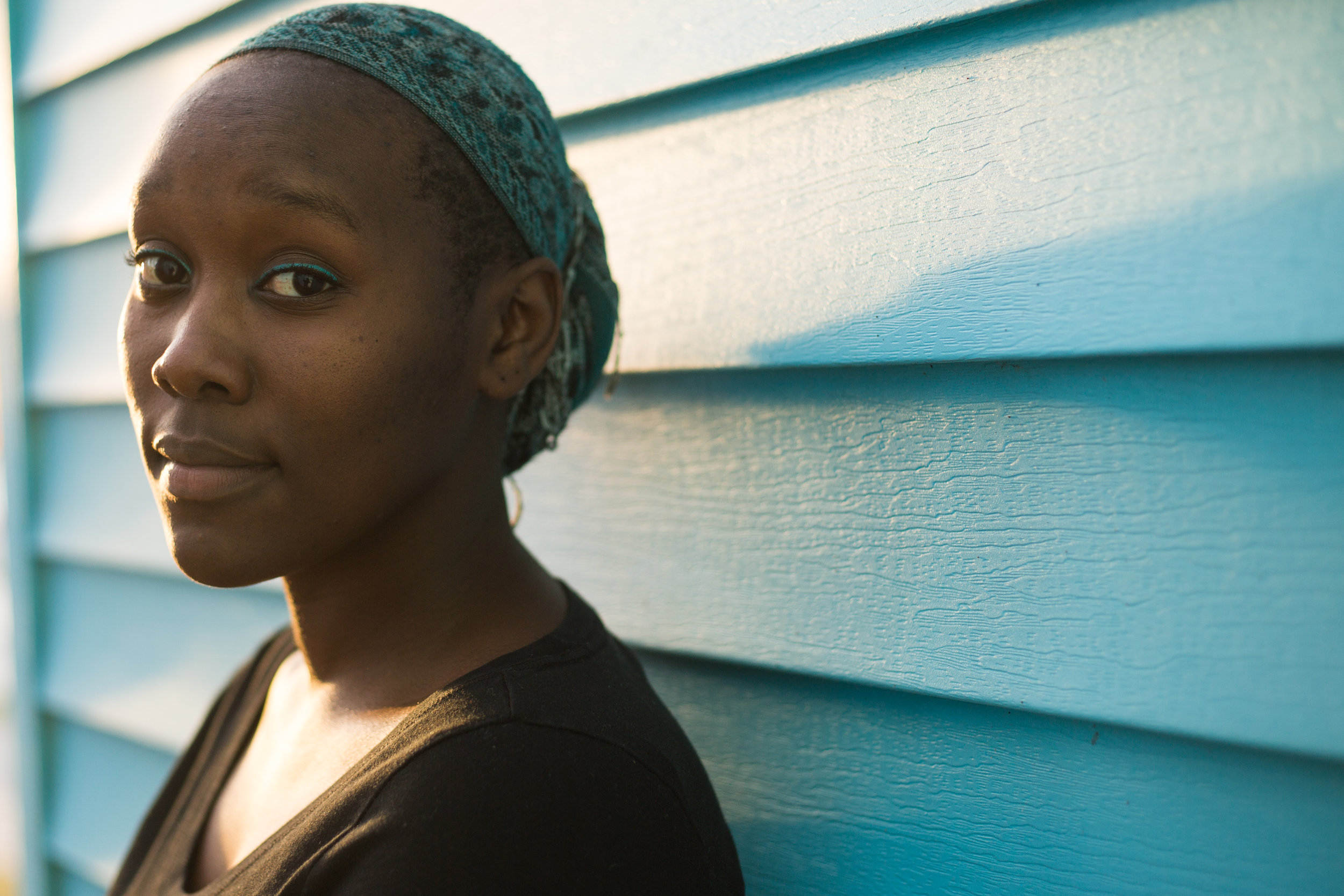We live in a world where expectations for your race are pinned onto your diaper as an infant and drilled into your head as you grow. In these expectations are rules for what you can and can't do, how you can talk, how loud you should be, what music you should listen to... as a _____ (fill in the blank with your race) man or woman. But people's stories go beyond these parameters.
I've been thinking about the experience of being a minority in America and all the different stories that exist within that experience. We stand out in a crowd, which ironically can be an incredibly invisible feeling. Are the people I am encountering really seeing me? Or, do they see the black girl I'm "supposed" to be?
“As my sufferings mounted I soon realized that there were two ways in which I could respond to my situation -- either to react with bitterness or seek to transform the suffering into a creative force. I decided to follow the latter course.” MLK Jr.
Now, thanks to Martin Luther King, Jr. and men and women like him who fought and prayed hard for their dreams, my sufferings are minuscule compared to the experiences of the 1950s and 60s. But we all know there’s still work to be done.
I asked some friends, with whom I share the minority experience, Tell me what shaped you. What has your experience been like? No expectations, just questions.
This is my friend, McKenzie, and this is a little snippet of who she is:
Defining parts of my childhood include "becoming a Christian for sure. . . just being around people who loved God really helped me understood who I was as a Christian.






































